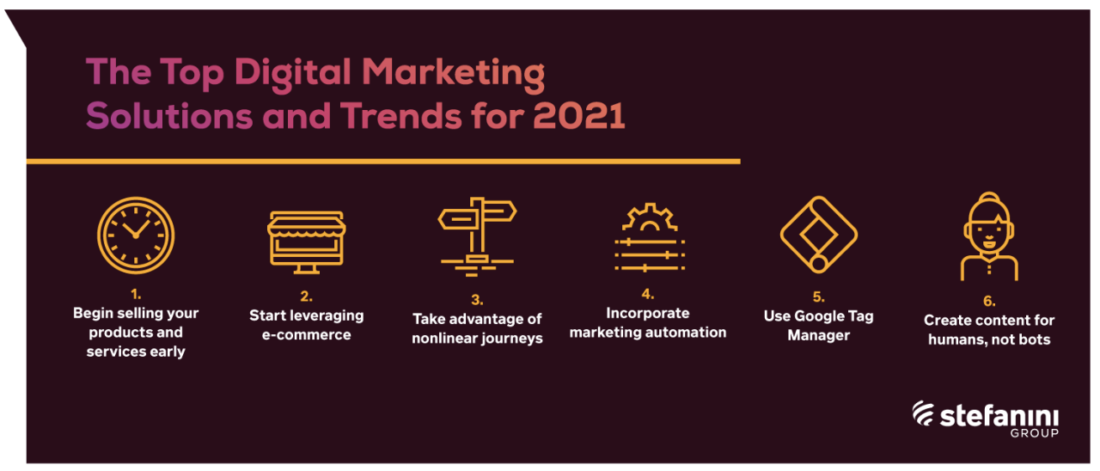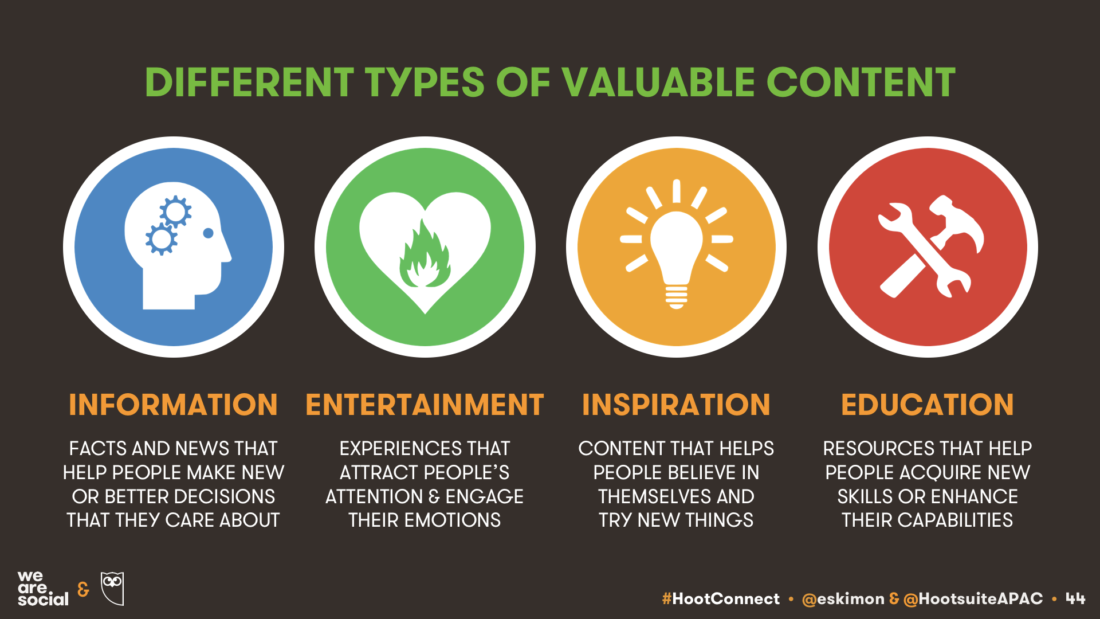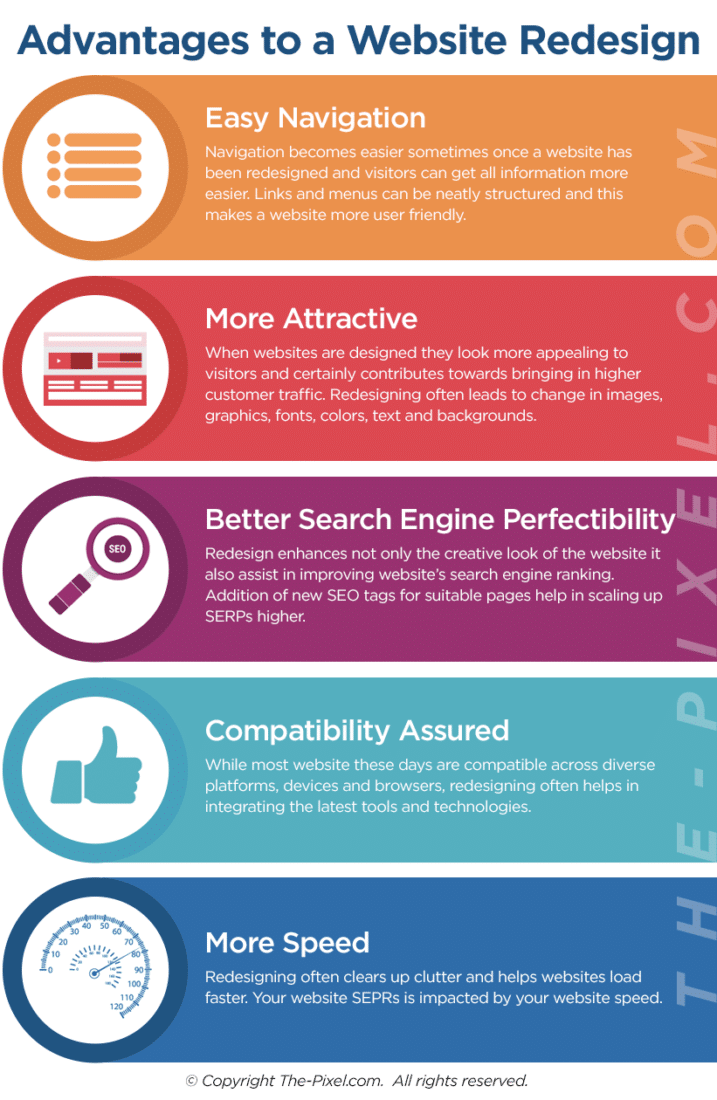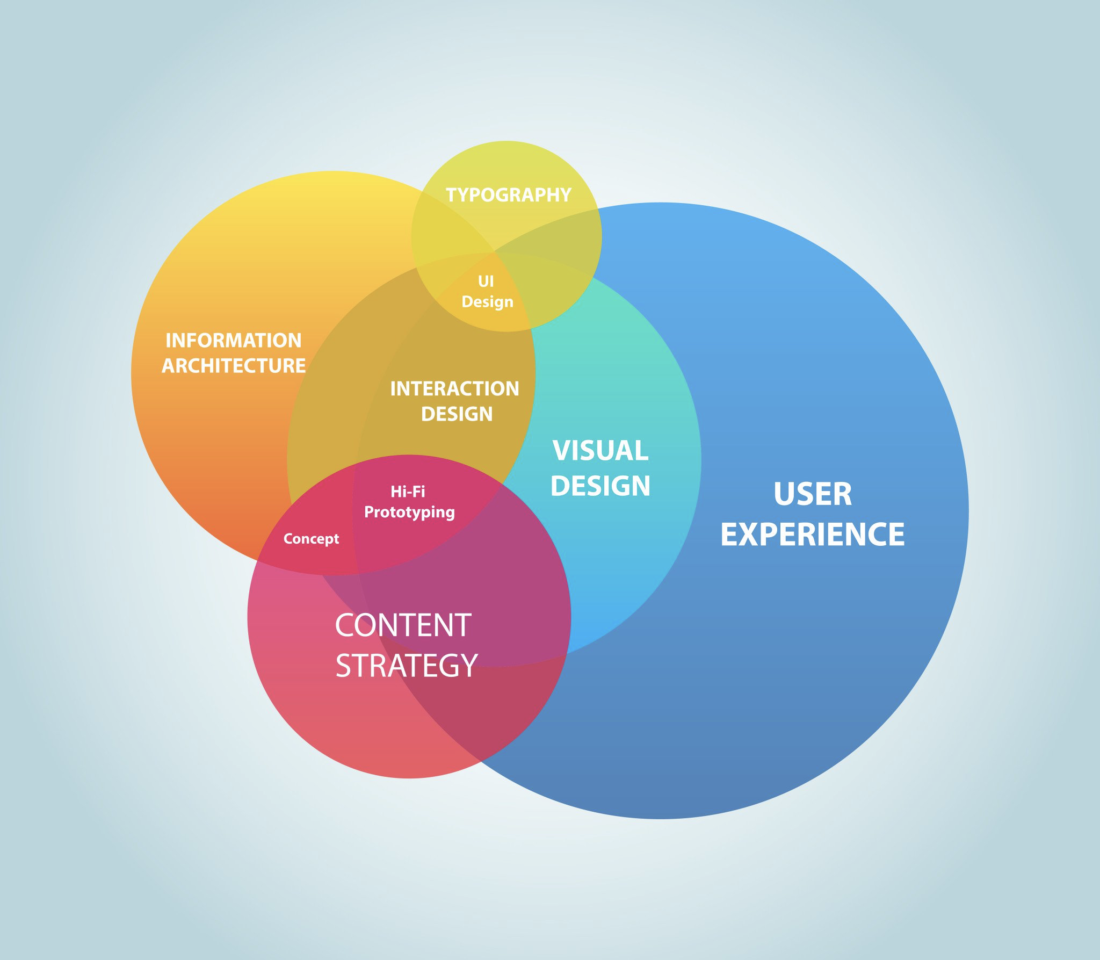Marketing in the simplest form is being where your customers are or your potential customers are.
JB Kellogg is the Co-Founder, Co-CEO and COO at Madwire, a technology company that provides business management and marketing software and services for SMBs and franchises. Madwire’s brands enable SMBs to do everything from building a website to creating multi-channel digital advertising campaigns.
Founded in 2009, Madwire’s mission is to enrich communities by helping small businesses, and their local communities, grow.
In this episode of Velocitize Talks, Kellogg shares his insights into how digital marketing relies on SMB storefronts for an engaging user experience.
The Covid Challenge (1:08)
The biggest challenge for small businesses is building their customer relationships and customer experiences in the digital world.

Due to the mandatory closures of many SMB storefronts due to Covid-19, businesses realized their physical locations were no longer the best way to attract and retain customers. Pivoting to an online storefront was mandatory. Additionally customers expected their shopping experiences to be similar if not better than before.
This was a challenge that many small businesses faced in building one-to-one digital relationships in a multi-channel world. “I think it’s a blessing because it’s allowed businesses to break the mold of what they were stuck in before and really start to evolve, which needed to happen,” Kellogg says. “This just accelerated it.”
SMB storefronts that are still standing implemented innovative marketing strategies to evolve and overcome their newest challenge—operating in a pandemic. They made a strategic decision not to give up but to adjust.
The Value of Content (3:12)
If you can provide value for free to people, that builds trust, and trust is the most important piece to earning a new customer.

“People don’t do business with people they don’t trust,” Kellogg says. One way to build that trust is to give your audience something they value: great content. This can be content that is educational, inspirational, engaging or entertaining.
Great content can increase awareness of your brand and attract a following. This in turn builds a tribe and eventually converts them into customers, Kellogg says. According to Content Marketing Institute statistics, innovative content marketing can drive conversion rates by 600%, making it a worthwhile investment.
Captivated Audience (4:16)
Marketing in the simplest form is being where your customers, or your potential customers, are.

Creating valuable content and sending it out into the void isn’t a viable marketing strategy. Even if the content has been created with a specific audience in mind, it’s important to find out where your audience is. That way you can place your quality brand content there for them to find it, read it, share it, interact with it, and ultimately become a customer.
“I think what small businesses could improve on is actually putting time and effort behind creating valuable content in the channels where their consumers are, which isn’t every social channel,” says Kellogg.
Identifying your audience is key, as is creating your target persona to successfully research and connect with customers.
SMB Storefronts that Wow (5:30)
The website is your digital headquarters in the digital world. It’s almost even more important now to make sure that your website is amazing.

People are judging businesses now by their website more than ever. According to Stanford University, 75% of people judge the credibility of a company based on the design of its website. It’s critical for a website, then, to be well-designed, easily navigable, engaging and informative.
A business’s website is where product information about their products can be found, as well as the place where all of the dynamic content is published. Each product or service in your e-commerce storefrontsshould have a section with videos, case studies, infographics and compelling content for your audience. Next this gets distributed on social media and other marketing channels to build and strengthen the business’s reputation.
Up the User Experience (10:08)
You need to really make sure that your website and social media and all your different places where your brand is, first off, is a cohesive brand with a cohesive message, and the right audience will start to follow you and engage with you.

The user experience—a visitor’s experience with your digital spaces—is a critical part of digital marketing. In fact the top two Google ranking factors are great content and great user experience. Kellogg emphasizes reviewing the content metrics as well as your website’s analytics in order to identify the type of content your audience wants. Next create more of that and less of the other types of content.
This is a simple formula for connecting with and building trust with your audience. Additionally, when sharing content on social media, use the appropriate hashtags and categorize content so it can be found easily.
Kellogg uses this analogy when thinking about content and website flow: “It should be so easy your grandma could get in there and find exactly what she needs within a minute or less (more like 10 seconds). Otherwise what you’re going to see on a website is a high bounce rate.”
For more information on Madwire, check out their website and follow them on Facebook, LinkedIn, and Twitter at @Madwire. To stay up to date with Kellogg, follow him on Twitter and LinkedIn.
The post Velocitize Talks: JB Kellogg of Madwire on SMB Storefronts and the User Experience appeared first on Velocitize.



0 Comments